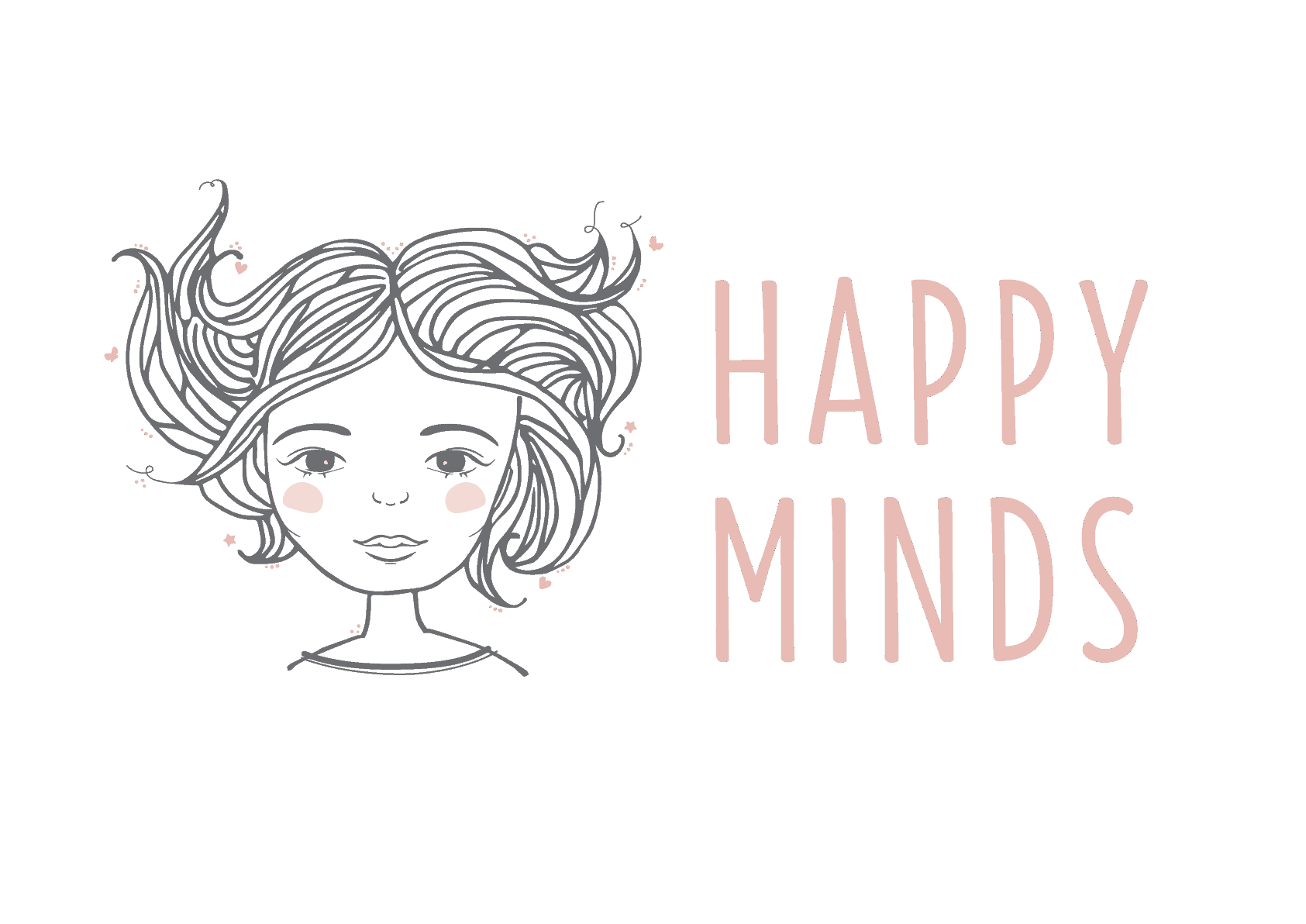Dealing with a miscarriage can be a difficult, often heart-wrenching process, and grieving the loss may take time. Pregnancy loss is different for each individual, and the grieving process will also be unique, with grief and loss approached and coped with in myriad ways.
What is a miscarriage?
A miscarriage is the loss of a pregnancy before 20 weeks gestation. (Pregnancy loss after this time is termed a stillbirth). Usually, no treatable cause is found for a miscarriage, but research has shown that up to one in five women who know they’re pregnant will experience pregnancy loss before 20 weeks. (The actual rate of miscarriage is therefore likely to be somewhat higher when including women who did not know of their pregnancy.)
While knowing that many other parents experience miscarriage won’t erase the pain of your own loss, it may help you feel more comfortable in sharing that loss, and ultimately in moving forward.
The emotional impact of miscarriage
In understanding that miscarriages are not unusual, it is still important to remember that your grief may look different to the grief of other parents in a similar situation. As part of your bereavement, you may experience some of the following emotions:
- disbelief
- anger
- guilt
- numbness or depression
- anxiety
- jealousy (of other parents)
- loneliness or an intense feeling of isolation
You may also experience physical symptoms stemming from your emotional distress. Remember, the hormonal changes that follow a miscarriage may heighten these symptoms:
- loss of appetite
- trouble sleeping
- fatigue
- difficulty concentrating
- headaches or stomach upsets
- recurrent episodes of crying
Coping with miscarriage
While every parent will want to deal with their loss differently, here are some suggestions that might help you cope:
- Keep the lines of communication open with your partner as much as possible. Their journey beyond the miscarriage may differ from yours – it is important for both of you to accept these differences, acknowledge each other’s coping styles and to give and allow yourself to receive support.
- Reach out to family and friends for help and support, too. You may not feel like talking, but you may also be surprised at the understanding you receive from unexpected quarters. Miscarriage was a taboo subject for a long time, and you will find people around you who have also experienced this particular heartache.
- Take time to grieve and heal. This may mean taking time off work or from your regular routines. It also means taking care of yourself physically, with gentle exercise, healthy meals and adequate sleep.
- Acknowledge the intangibility of miscarriage grief by doing something tangible. With no ritual to provide closure, the loss of a pregnancy can feel very abstract. To create an emotional anchor, you may like to put your thoughts and feelings down in a special journal, create a keepsake box of significant items, plant a tree in remembrance, or select a symbolic piece of jewellery. Memorialising your loss and commemorating your child can help significantly with healing from your grief.
- Allow yourself to be happy. This may sound strange, but one way that you can grow with grief, and start to thrive again despite those feelings of loss, is to acknowledge the positive experiences in your life. Remember that celebrating moments of joy does not dishonour your loss.
Contact our Supportive Ocean Grove Psychologists
Mourning the loss of a pregnancy is normal, and it may take some time to feel ‘better’. Grief may come in waves, too – choppy waves at first, then over time smaller waves, often triggered by small things. Working with a compassionate, non-judgemental psychologist can help you to work through these feelings and aid you in riding those waves with someone who understands. This may be particularly helpful if you feel your grief is impacting on your everyday life.
The team at Happy Minds employ a warm and relaxed therapeutic style, creating a space for you to feel understood and empowered. Using evidence-based positive psychology our therapists can help you navigate this difficult time and support you in developing resilience and in recovering effectively.
Counselling sessions are available face-to-face in our Bellarine Peninsula office or via Telehealth across Australia.
Reach out to the team at Happy Minds Psychology on ☎0431 666 050, fill out our contact form to request a call back or email us on [email protected].

